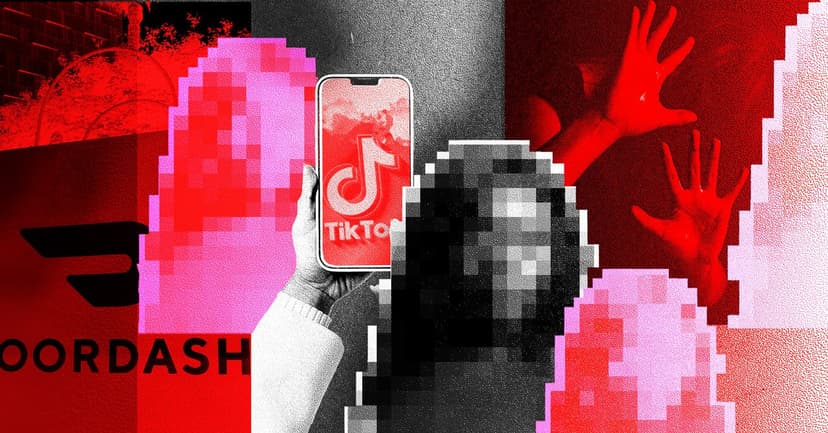Home / Technology / AI Deepfakes Fuel Online Harassment Storm
AI Deepfakes Fuel Online Harassment Storm
26 Nov, 2025
Summary
- AI-generated videos mimic Black creators, spreading misinformation.
- A delivery driver's assault allegation was amplified and distorted.
- The trend exploits Black culture through digital blackface tactics.

The rise of generative AI has enabled a new form of digital blackface, where AI-generated content mimics Black creators to spread misinformation. This phenomenon has gained traction on platforms like TikTok, where short-form videos can quickly go viral. In a recent incident, AI deepfakes impersonating Black content creators emerged during a controversy involving a DoorDash driver.
The driver's alleged sexual assault claim became a focal point, with AI-generated videos appearing to defend the customer and DoorDash's decision to fire the driver. These videos adopted a DARVO (Deny, Attack, Reverse Victim and Offender) stance, distorting the narrative and victimhood. The use of AI technology makes it easier for non-Black creators and bots to adopt racialized personas.
This trend, also known as digital blackfishing, highlights the ethical concerns surrounding AI-generated media and its potential to exploit and misrepresent marginalized communities. The ease with which these deepfakes can be produced and disseminated raises significant questions about content moderation and authenticity on social media platforms.




